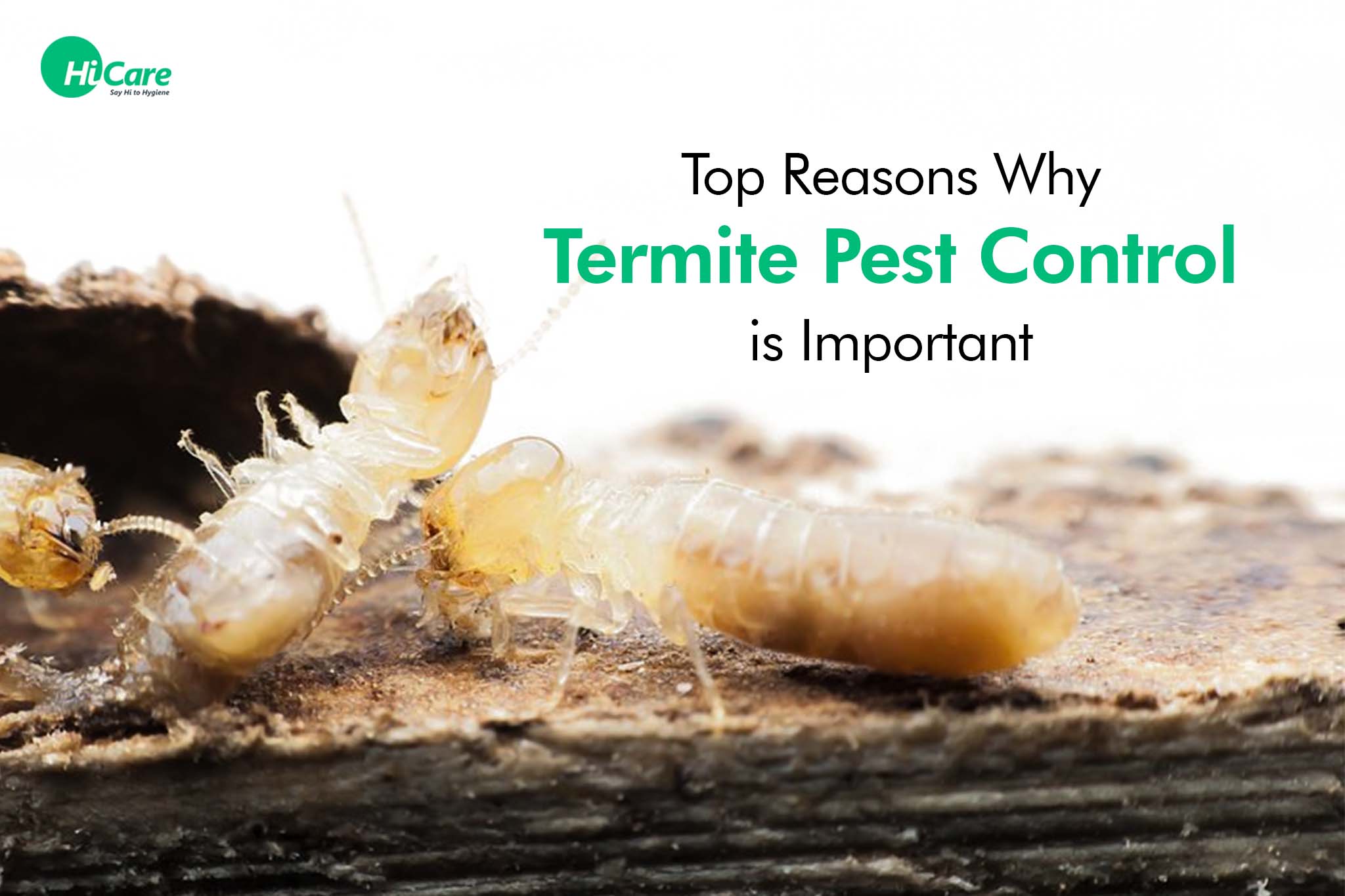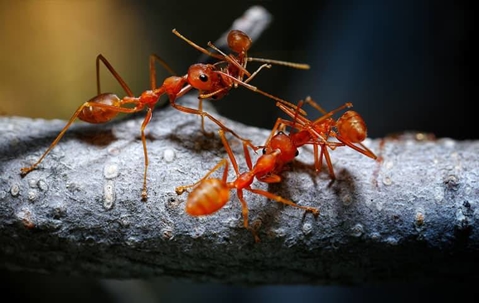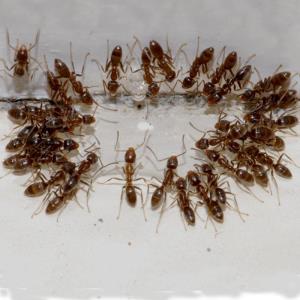Full Ant Control: Strategies and Services to Defeat Ant Issues
Ecological Impact of Parasite Control: Harmonizing Efficiency With Sustainability
The ecological effect of parasite control is an important concern that calls for a delicate balance between accomplishing efficiency in making sure and managing parasites sustainability of our ecosystems. As we make every effort to protect our plants, homes, and wellness from the risks postured by bugs, the techniques we employ can accidentally harm the setting. From the use of hazardous chemicals that permeate into our dirt and water to the unplanned repercussions on non-target types, the repercussions of conventional insect control techniques are far-ranging. Nevertheless, there are emerging techniques that provide wish for a more lasting approach to pest monitoring. These options not only purpose to address the instant pest issues but also take into consideration the lasting wellness of our earth.
Hazardous Chemicals in Insect Control
The usage of unsafe chemicals in bug control postures substantial environmental and health dangers that necessitate mindful consideration and reduction techniques. Insecticides, herbicides, and pesticides are frequently utilized to remove bugs, however their prevalent application can cause unintended repercussions. These chemicals can contaminate dirt, water sources, and the air, influencing not only the targeted pests yet additionally helpful insects, wild animals, and people.

To resolve these threats, incorporated insect monitoring (IPM) strategies are being promoted as an extra sustainable option. IPM includes a combination of approaches such as biological control, environment adjustment, and the targeted use chemicals as a last resource (ant control newtonnc). By adopting an alternative method to pest control, we can decrease the environmental and health effects related to harmful chemicals while properly managing pest populaces
Effect On Non-Target Species
Considering the unintentional effects of bug control methods, the effect on non-target varieties is a critical facet that needs detailed evaluation. While bug control procedures intend to target details insects, various other organisms in the community might be inadvertently affected. Non-target varieties, including useful insects, birds, creatures, and even plants, can experience direct or indirect injury from chemical applications or biological control methods.
Insecticides designed to fight a certain bug pest might hurt pollinators like or natural predators such as ladybugs. Biological control agents, if not species-specific, can pose dangers to unplanned targets, interfering with the ecological balance.
To mitigate the effect on non-target types, integrated bug management (IPM) methods that emphasize an alternative technique to pest control are advised. These approaches focus on using environmentally friendly techniques, decreasing injury to helpful organisms while efficiently handling pest populations. Performing comprehensive risk analyses and monitoring the end results of parasite control efforts are essential action in securing non-target types and promoting total environment wellness.
Soil and Water Contamination
Unexpected environmental effects of parasite control techniques expand past impacting non-target varieties, with significant implications for soil and water contamination. Pesticides, herbicides, and chemical fertilizers used in bug control can seep into the soil and contaminate groundwater, posturing a danger to both earthbound and water communities. Dirt contamination can interrupt the balance of microorganisms necessary check over here for nutrient cycling and plant development, causing lowered soil fertility and productivity. Furthermore, these chemicals can continue in the environment for extensive durations, gathering in the dirt and potentially going into the food web.
Water contamination is one more important concern connected with insect control methods. To minimize soil and water contamination from parasite control activities, incorporated parasite administration techniques that focus on sustainability and minimize chemical inputs are vital.
Air Contamination From Chemical Use
Exposure to airborne chemicals during farming applications postures a considerable worry for air pollution control measures. When chemicals are splashed onto plants, they can volatilize into the air and type unpredictable organic compounds (VOCs) and various other air-borne pollutants. These chemicals can add to the development of ground-level ozone, a significant component of smog that can have damaging results on human health and wellness, plant productivity, and total air quality. Additionally, pesticide drift, where chemicals are carried by the wind to unexpected locations, can cause the contamination of nearby ecosystems and water bodies.

Methods for Lasting Pest Control
In the world of agricultural practices, carrying out sustainable parasite control techniques is extremely important for maintaining eco-friendly equilibrium and protecting crop yields. Sustainable bug control stresses making use of eco-friendly approaches to handle bug populaces effectively while minimizing harm to non-target organisms and communities. Integrated Insect Monitoring (IPM) is a commonly embraced approach that combines organic, social, physical, and chemical control methods to attain lasting insect monitoring options.
Plant rotation and diversity are additionally reliable methods to interfere with pest life cycles and create much less desirable problems for pests to flourish. Ultimately, by incorporating these sustainable pest control approaches, farmers can accomplish a balance between pest monitoring performance and ecological stewardship.
Conclusion
Finally, the environmental effect of insect control methods have to be meticulously thought about to balance performance with sustainability. Unsafe chemicals utilized in pest control can lead to dirt and water contamination, air pollution, and injury non-target types - ant control services. It is crucial to carry out lasting pest control strategies to minimize these negative impacts on the environment and advertise a healthier ecological community for future generations
By adopting an alternative technique to pest control, we can reduce the environmental and wellness impacts connected with damaging chemicals while properly taking care of pest populations.

To reduce the air contamination created by chemical use, it is vital to take on incorporated parasite monitoring methods that prioritize the usage of non-chemical insect control techniques, such as plant turning, all-natural killers, and resistant crop selections. Sustainable insect control emphasizes the use of eco friendly approaches to manage bug populations properly while decreasing injury to non-target microorganisms and ecosystems. Integrated Pest Administration (IPM) is a commonly embraced approach that integrates organic, social, physical, and chemical control methods to accomplish lasting bug monitoring options.